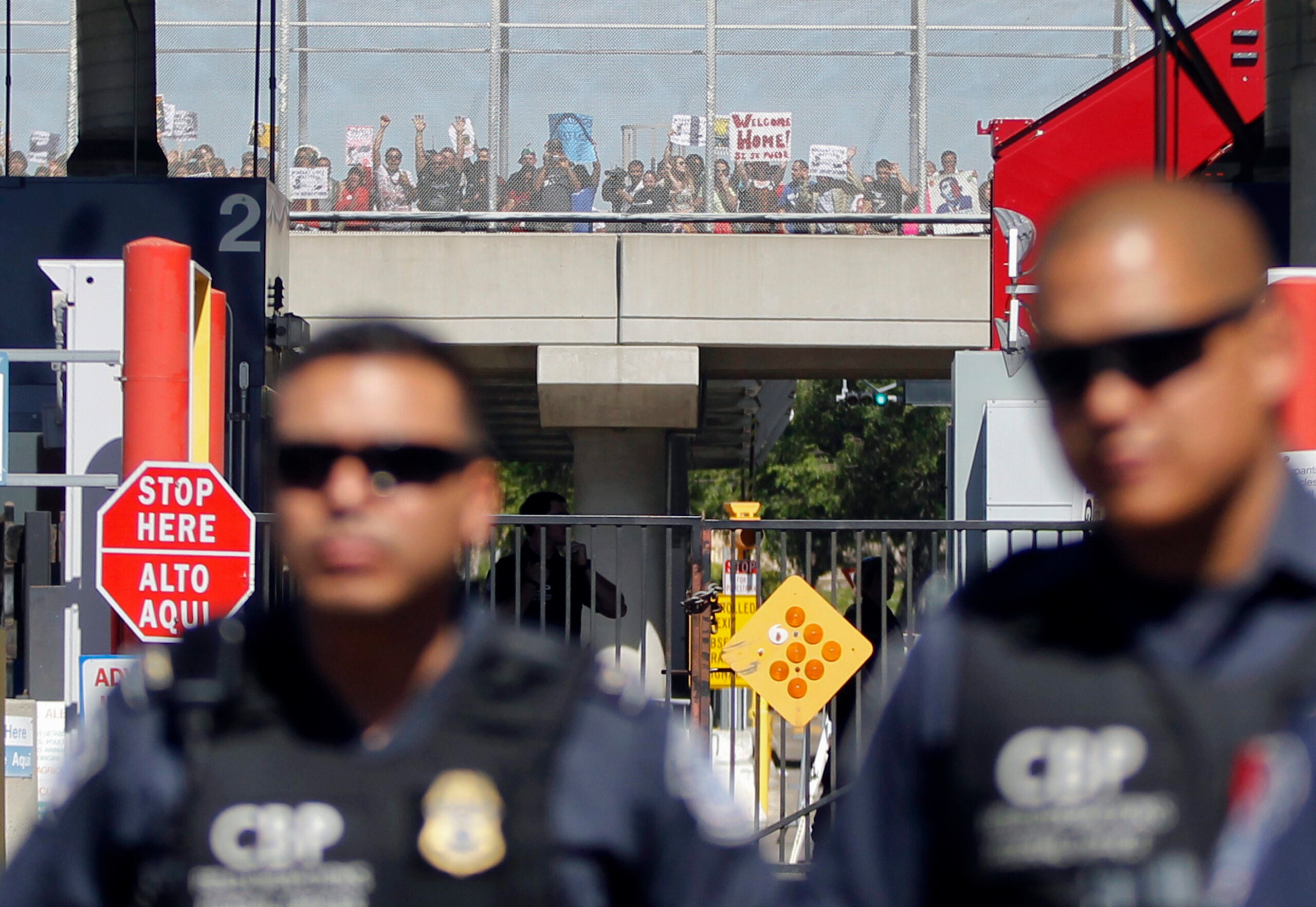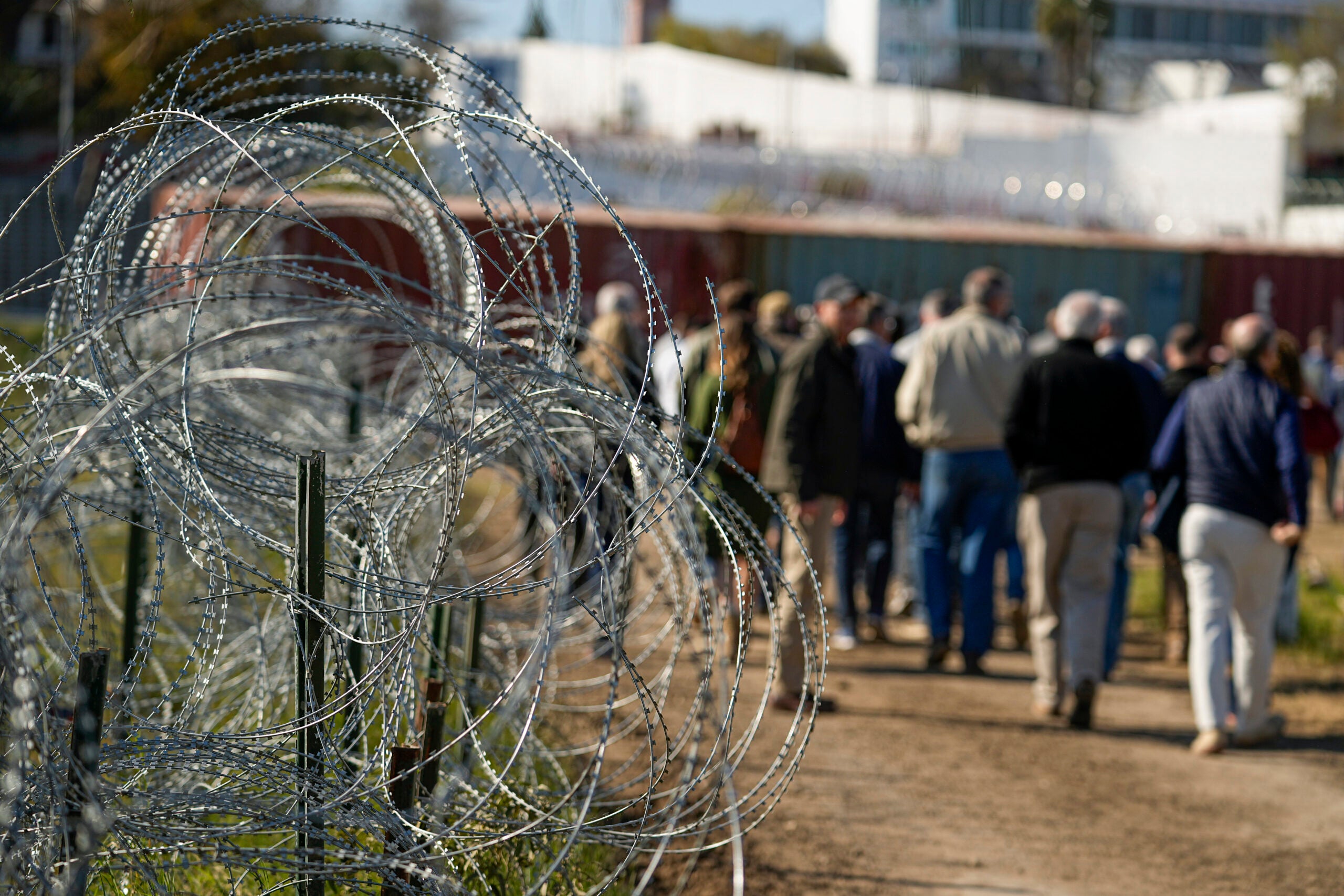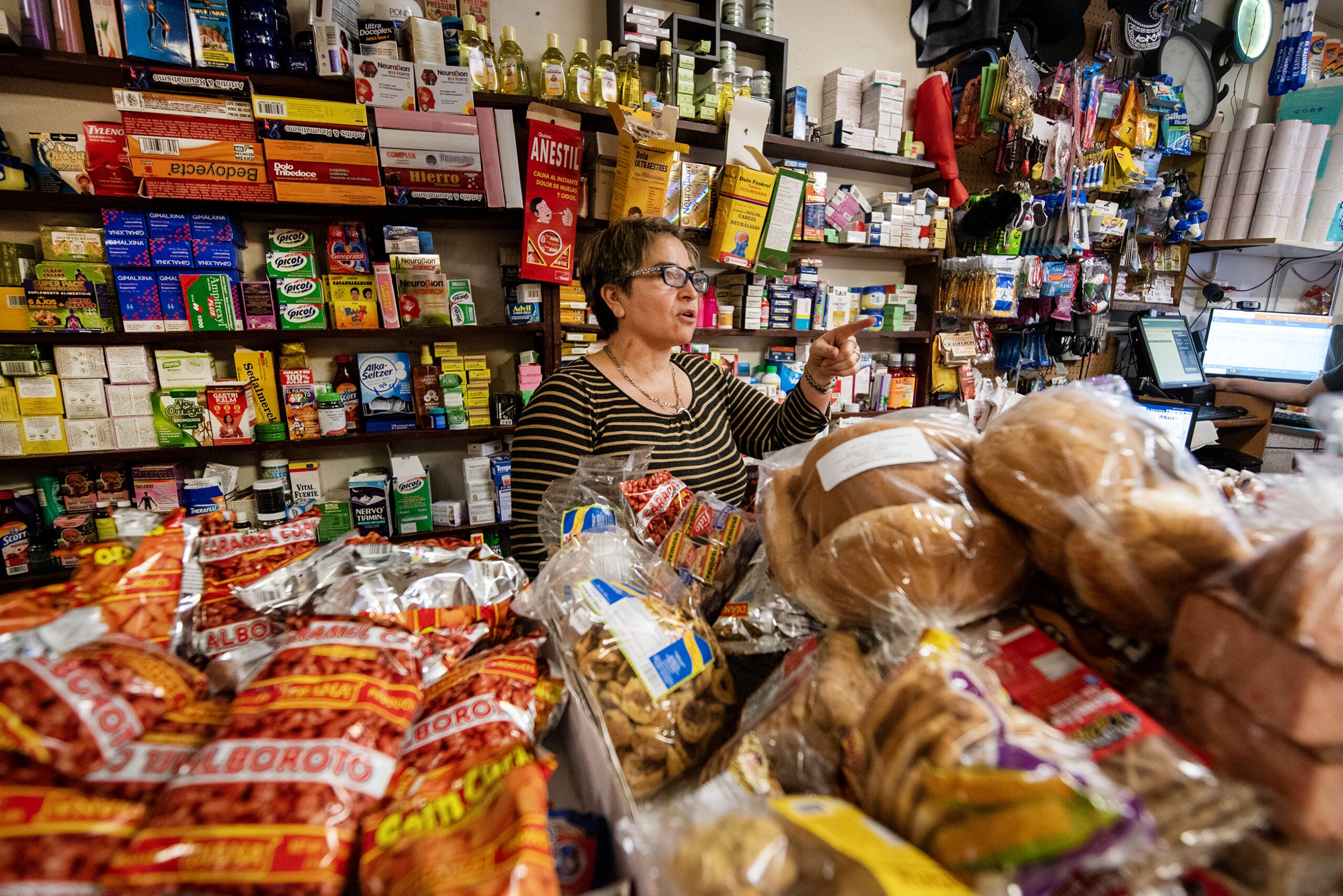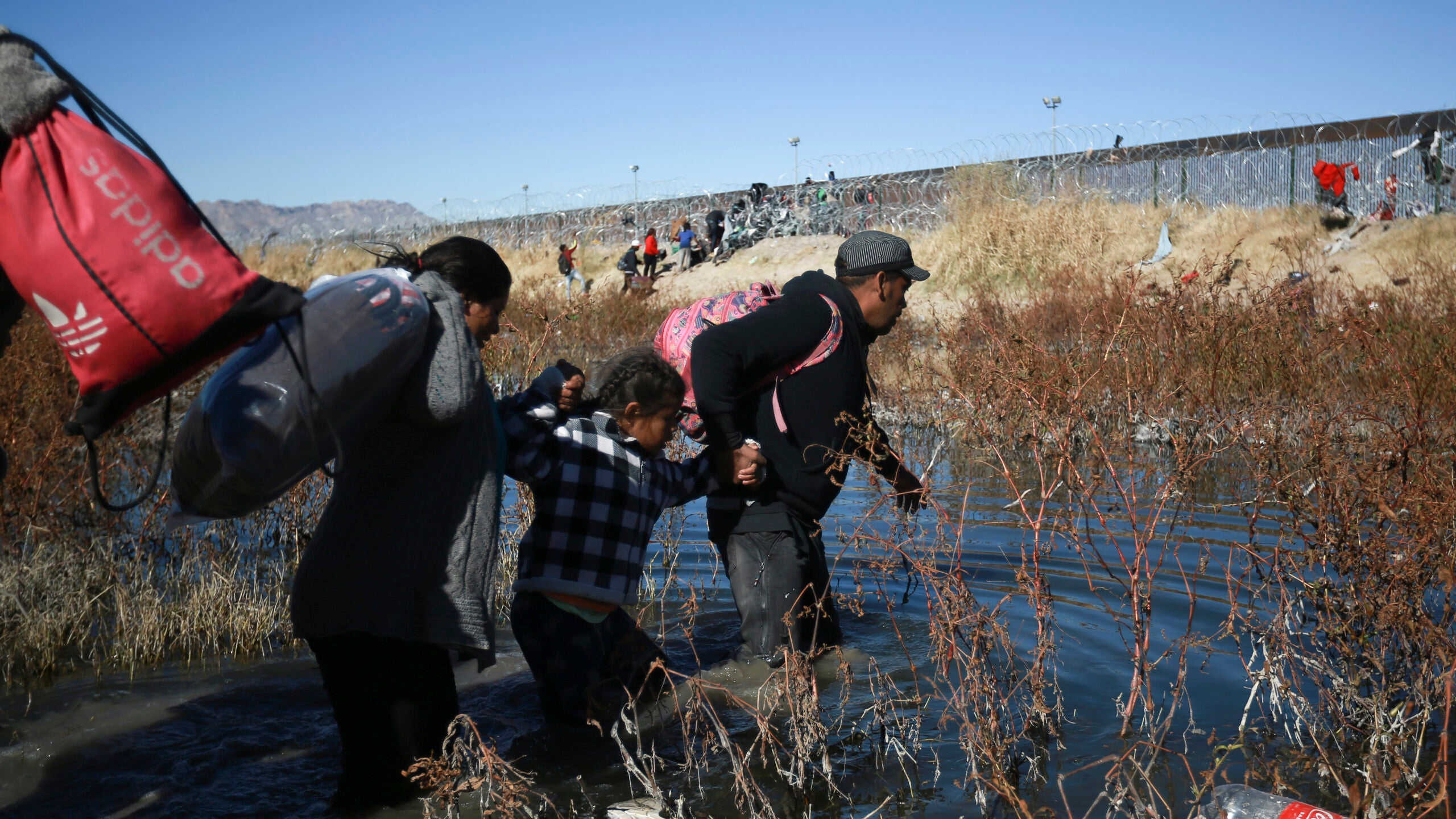Consider a thought experiment: in one swift motion, countries around the world do away with their borders and allow virtually anyone without a criminal record to move freely to any country.
What might happen?
Given the political climate, it may sound like an unlikely proposal, but it’s an idea that’s nevertheless gaining traction among certain intellectual circles, which include economist Bryan Caplan.
Stay informed on the latest news
Sign up for WPR’s email newsletter.
Caplan is one of the more outspoken advocates of this open borders policy, which he said he believes could “double world gross domestic product overnight.”
For Caplan, a libertarian economist at George Mason University, the issue boils down to making the best use of human potential and talent — it’s essentially a question of resource management.
Millions of people around the world are languishing in countries where their talents go to waste, Caplan said.
For example, consider a worker living in Haiti who is only able to produce a few dollars of value per day. That same Haitian worker could increase their wages seven-fold simply by moving to the United States, according to a Center for Global Development study.
“(It’s) even more obvious for something like agriculture in Mexico,” Caplan said. “The amount of food that a Mexican farmer can grow is a very small amount. The amount that very same farmer could grow if you let him move into Texas or California is many times greater.”
Historical Precedent
Though it may seem like a political impossibility now, Caplan said the U.S. has experimented with open borders in the past. He points to the 1917 Jones-Shafroth Act, which granted Puerto Ricans U.S. citizenship.
In the decades that followed, Caplan the number of Puerto Ricans who came to the U.S. gradually increased, prompting new investment in the territory and improving the standard of living for Puerto Ricans.
Economic Costs
Critics of open borders argue the policy would drive down wages and hurt workers in the receiving countries. Caplan concedes the influx of labor would hurt workers in the short term, but said he believes the economy would eventually rebound and adjust to the larger labor pool.
“Any time that there’s an increase in productivity, there’s always going to be some people who are hurt,” Caplan said. “For example, Uber is hurting people who are traditional taxicab drivers. And when driverless cars come around, Uber drivers are going to suffer in the same way.”
To offset the decline in wages, Caplan imagines countries designing policies to compensate native workers, like charging immigrants higher taxes or an admission fee.
Terror Threat
Other critics point to the potential security risks involved with opening up a country’s border, but Caplan isn’t alarmed by the prospect. In his view, countries can still police their borders, even if they’re open.
“There’s still no reason why you couldn’t go and check to make sure that people weren’t carrying weapons, no reason you couldn’t check to make sure that someone was wanted for a crime,” he said.
Other advocates argue reducing illegal immigration through open borders could in the end help security agencies, as they’d be able to reallocate resources towards following up on suspected terrorist leads.
But Caplan said his biggest criticism hits close to home.
“My dad says we already have open borders,” he said, reflecting a belief that the country’s borders are more insecure than they’ve been in the past. But the actual number of undocumented immigrants has remained stable since 2009.
Caplan said he believes more convincing evidence of border security rests in the exorbitant prices smugglers charge, which he said amounts to about $4,000.
“So if it’s actually really the case that the border was already open, people would not pay three years’ wages in order to get smuggled across, (and endure) great danger where you only have a 50-50 chance of actually even getting across,” Caplan said. “The fact that 11 million people are here is a testament to how much better things are here than in their home countries, not how little we’re trying to keep people out, because we’re actually trying very hard indeed.”





